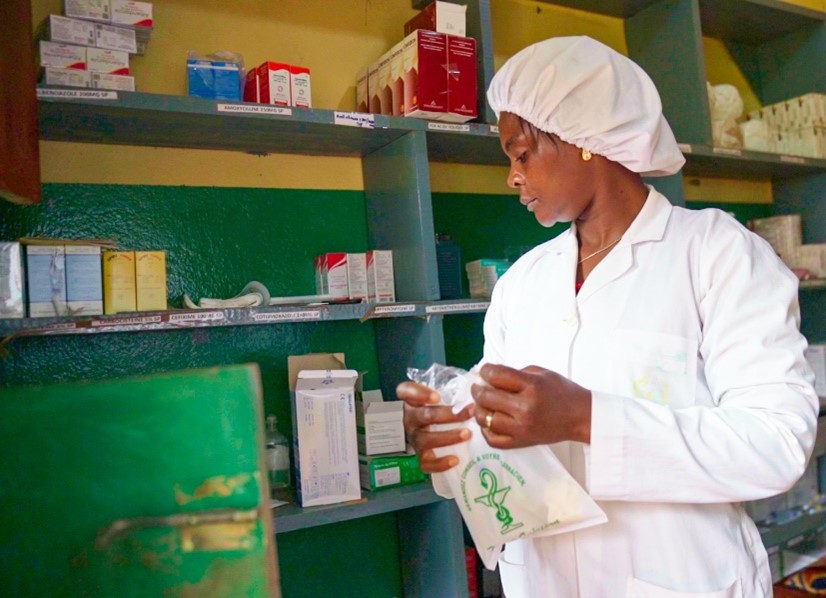Toward a Financially Sustainable Food and Drugs Authority in Rwanda
Fake and substandard medicines are a major challenge in low- and middle-income countries, with Africa alone accounting for 42% of global cases. An independent, well-functioning national medicines regulatory authority is critical for ensuring the efficacy, safety, and quality of medical products on the market. Rwanda established its Food and Drugs Authority (FDA) with a regulatory mandate in 2018. To effectively carry out its key functions, the FDA must be adequately self-reliant financially as per the World Health Organization Global Benchmarking Tool (GBT). A GBT assessment of the Rwanda FDA identified, among other gaps, its reliance on the government, grants, donations, and other sources for funding.
In Rwanda’s bid to reach advanced GBT maturity level (level 3) so its FDA can be a stable, world-class regulatory authority, the USAID MTaPS Program and its partner, Pharmaceutical Systems Africa (PSA), supported the FDA to develop a business plan that will strengthen its financial management, enhance accountability, and eventually reduce its dependency on government and donor funding.

Pharmacist stocks shelves with medicines.
Developing a Business Plan for a Financially Sustainable FDA
Beginning in 2021, MTaPS, PSA, and the Rwanda FDA undertook a desk review of policies, plans, and other documents; conducted management and stakeholder interviews; and assessed current systems and processes to inform the development of the business plan. Further, the Rwanda FDA’s key regulatory functions were benchmarked against similar and advanced regulatory authorities, such as those of Ghana, Singapore, and Tanzania.
The Rwanda FDA Business Plan for Financial Sustainability 2021–2025 was presented at a stakeholder validation workshop in May 2022, after which a revised plan incorporating stakeholder feedback was officially adopted by the Authority.
The plan documents the Rwanda FDA’s financial situation, provides a gap analysis, and outlines a financial strategy over five years for the FDA to become financially sound while relying to a small degree on subsidies from the government and partner support. The plan identifies recommendations anchored to five objectives—aligning the organization with its goals, digitizing services and operations, increasing revenue, improving the quality management system, and introducing a customer-oriented culture.
For revenue, the plan recommends restructuring the current fee and introducing pre-application screening fees and separate registration and laboratory fees. An accompanying set of financial projections in the plan indicates that the Rwanda FDA will significantly decrease its financial dependence over the next five years.
Conclusion
The Rwanda FDA Business Plan will go a long way toward ensuring the FDA’s financial sustainability while reducing its dependency on government and donor funding so it can better serve the Rwandan population. The plan is a crucial part of MTaPS’ support to sustainably strengthen the FDA’s regulatory functions so that all medical products on the market are quality assured, safe, and efficacious.
“I wish to take this opportunity to express my gratitude towards the USAID MTaPS Program for its financial and technical support during the entire process of developing this business plan. I’m also grateful to all our stakeholders who have been involved in one way or another during the development and validation process.” – Dr. Emile Bienvenu, Director General, Rwanda Food and Drugs Authority
The roadmap developed with MTaPS’ assistance will significantly decrease Rwanda FDA’s financial dependence over the next five years, putting it on course for greater independent functioning essential for effective regulation of medical products.